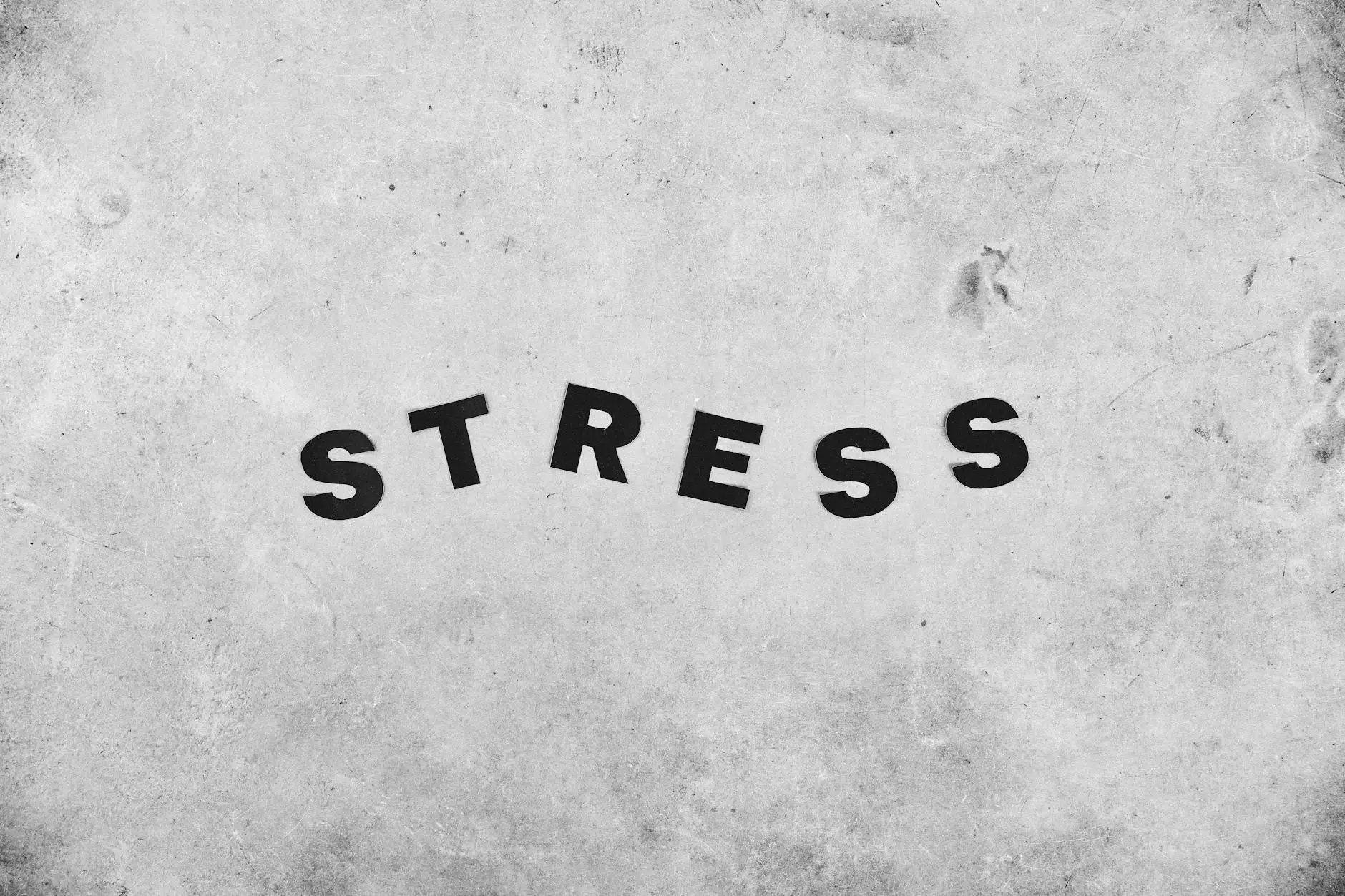84 – Hard vs. Hardly – Confusing English Words Lesson
English Grammar Lessons
Introduction
Welcome to NJCLT's lesson on the differences between 'hard' and 'hardly'. While these words may sound similar, they have distinct meanings and usage in the English language.
Understanding 'Hard'
Let's begin by exploring the word 'hard'. In its essence, 'hard' is an adjective that describes something solid, firm, or difficult to bend or break. It can also refer to intense effort or difficulty. This word is commonly used in various contexts, including:
Physical Hardness
When we talk about physical objects or substances, 'hard' often relates to their hardness. For example, rocks, diamonds, or steel are considered hard substances due to their solid and firm nature.
Mental and Emotional Hardness
'Hard' can also describe mental or emotional states. It can indicate a person's resilience, determination, or ability to withstand challenges. For instance, someone with a tough upbringing might be described as having a hard personality.
Difficult Tasks or Situations
In the context of challenges, 'hard' denotes something difficult to accomplish or endure. It can apply to various scenarios, such as solving complex problems, enduring physical exertion, or overcoming obstacles in life.
Exploring 'Hardly'
'Hardly' is an adverb that has a different meaning compared to 'hard'. It reflects the negation or scarcity of something. Let's delve into the various uses of 'hardly' in English:
Negation or Scarcity
When 'hardly' is used in a sentence, it diminishes the significance, presence, or frequency of an action or event. It implies that something occurs rarely, barely, or not at all. For instance, you might say, "I hardly ever go to the movies" to express that you rarely visit the cinema.
Almost Not
'Hardly' can also convey the idea of something almost not happening or being true. It emphasizes a minimal occurrence or likelihood. For example, if someone says, "She's hardly an expert," they mean that she possesses very limited expertise in a particular field.
Conclusion
By understanding the differences between 'hard' and 'hardly', you can use these words more accurately in your English communication. Remember, 'hard' primarily describes solidity and difficulty, while 'hardly' signifies negation, scarcity, or minimal occurrence. Practice using them correctly to enhance your language skills.
About NJCLT
NJCLT, short for New Jersey Center for Language Teaching, is a renowned language education platform dedicated to providing comprehensive English lessons, language learning resources, and language proficiency training. Our mission is to empower learners with effective communication skills that enable them to navigate the complexities of the English language with confidence.










